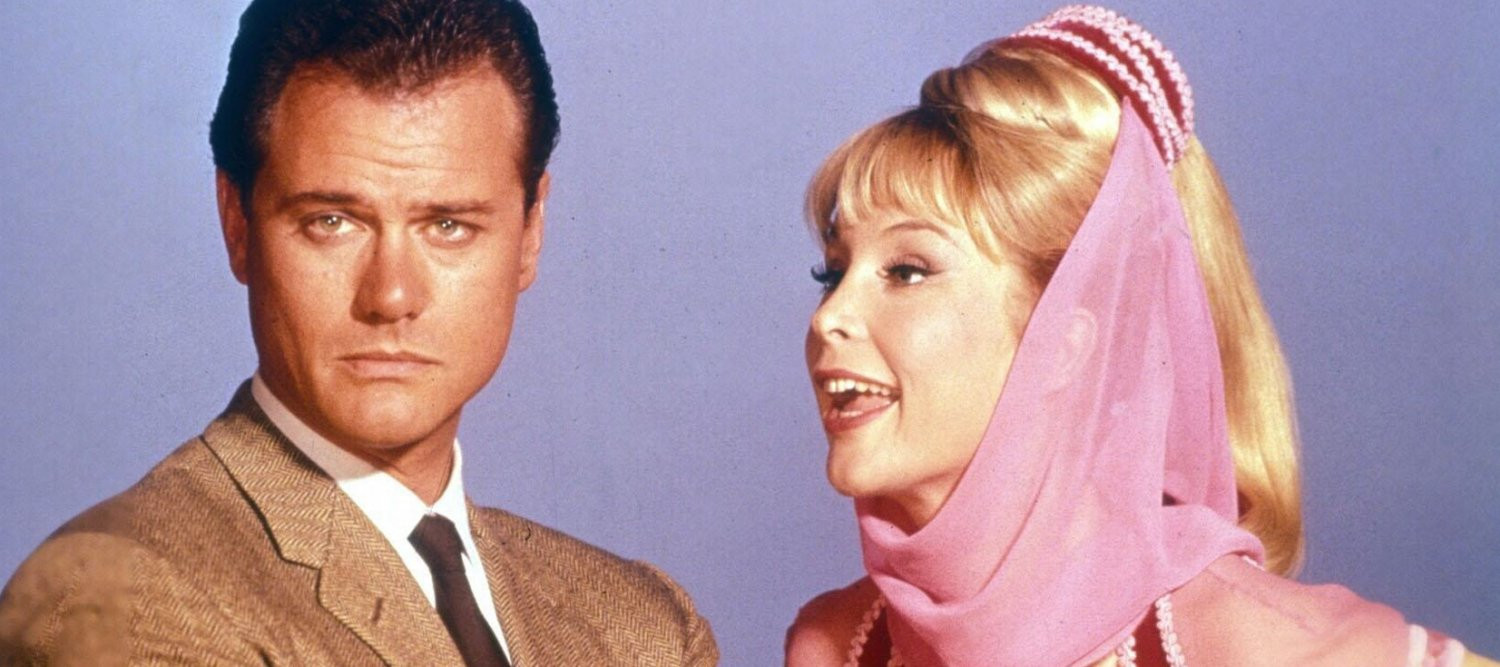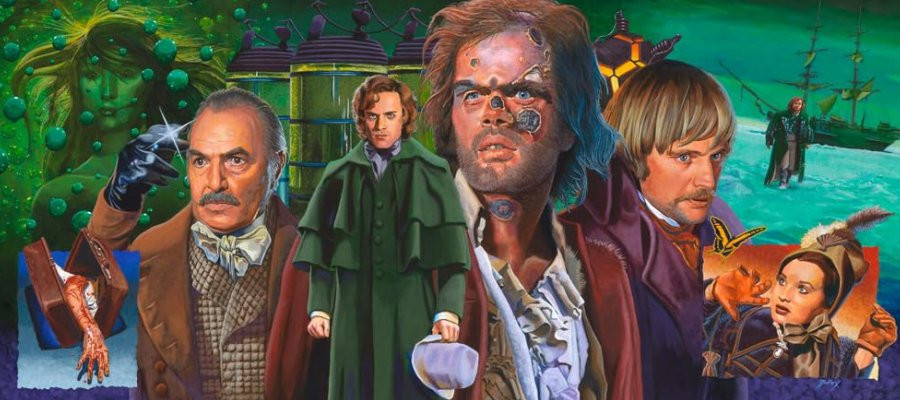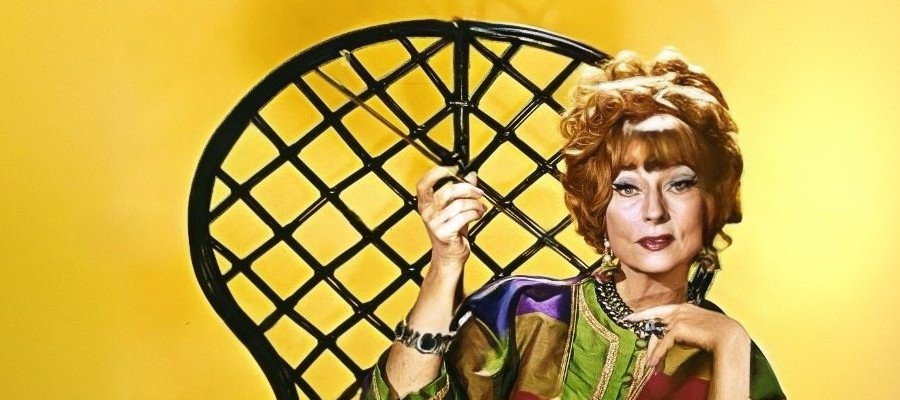
Agnes Moorehead
Agnes Moorehead, born Agnes Robertson Moorehead on 6 December 1900 in Clinton, Massachusetts, was a formidable and versatile actress whose career spanned five decades and encompassed stage, radio, film, and television. Best remembered for her flamboyant role as Endora in the television sitcom Bewitched, Moorehead’s artistry extended far beyond the technicolour glamour of 1960s television, earning her a reputation as one of America's most accomplished character actresses.
The daughter of Mary McCauley, a former singer, and the Reverend John Henderson Moorehead, a Presbyterian clergyman, her early life was shaped by a vivid imagination and a powerful sense of performance, which was nurtured in the family home. She later recalled performing the Lord’s Prayer in her father's church at the age of three and engaging in theatrical mimicry with her sister, Peggy, to the delight of their father.
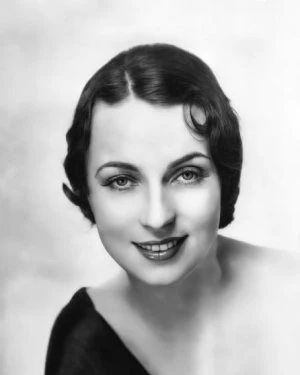
Her academic and artistic pursuits ran parallel. Moorehead earned a bachelor's degree in biology from Muskingum College in Ohio in 1923, where she also appeared in theatrical productions. She later taught public school in Wisconsin while pursuing a master's degree in English and public speaking at the University of Wisconsin. Her dedication to acting led her to further study at the American Academy of Dramatic Arts, from which she graduated with honours in 1929.
Her early years as an actress were marked by struggle. At times unemployed and hungry, she later recalled going four days without food, and said that it had taught her "the value of a dollar". She found work in radio, often working on several programmes in a single day, where her richly expressive voice soon made her a regular presence. She regarded radio as essential training, enabling her to master a broad range of character types. Her radio career eventually led her to join Orson Welles' Mercury Players in 1937. With Welles, she performed in The Mercury Theatre on the Air and in the serial The Shadow, voicing Margo Lane.
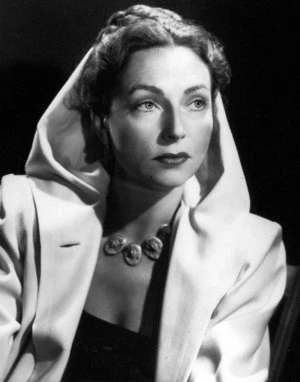
When Welles transitioned to film, Moorehead followed. She made a striking screen debut as the mother of Charles Foster Kane in Citizen Kane (1941) and followed this with a critically lauded role in Wells’ second movie The Magnificent Ambersons (1942), which earned her her first Academy Award nomination and the New York Film Critics Award.
By the mid-1940s, Moorehead became a Metro-Goldwyn-Mayer contract player, negotiating a $6,000-a-week contract, which also allowed her to perform on radio, an unusual clause at the time. Moorehead explained that MGM usually refused to allow their actors to appear on radio, as "the actors didn't have the knowledge or the taste or the judgment to appear on the right sort of show."
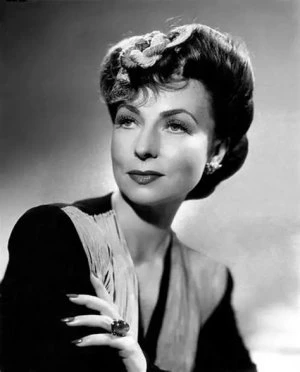
Over the next two decades, she became a respected contract player at MGM, appearing in such films as Dark Passage (1947), Show Boat (1951), and All That Heaven Allows (1955). She earned four Academy Award nominations in total, for The Magnificent Ambersons, Mrs. Parkington (1944), Johnny Belinda (1948), and Hush...Hush, Sweet Charlotte (1964).
Moorehead's distinctive voice also shone in the now-legendary radio play Sorry, Wrong Number (1943), where she gave a harrowing, tour-de-force performance using only her vocal talents. This role later inspired her appearance in The Twilight Zone episode "The Invaders" (1961), a near silent performance that demonstrated her extraordinary physical expressiveness.
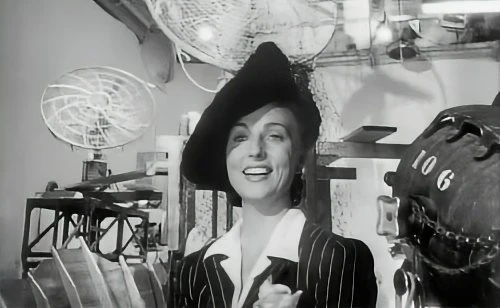
In 1964, Moorehead accepted the role that would bring her to the widest audience: Endora, the sarcastic and stylish mother of a witch in the sitcom Bewitched. Although she found the writing beneath her abilities and referred to many of the scripts as "hack", she valued the show’s popularity and the recognition it brought. She was nominated six times for the Primetime Emmy Award for Outstanding Supporting Actress in a Comedy Series for her work on Bewitched. Moorehead had negotiated a clause allowing her to appear in only two-thirds of the episodes, leaving time for other projects.
Despite her ambivalence towards Bewitched, she remained with the show until its conclusion in 1972. She expressed affection for her co-star Elizabeth Montgomery but had a less harmonious working relationship with Dick Sargent, who described her as "a tough old bird."
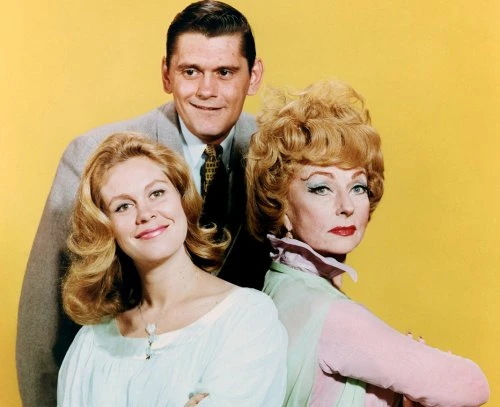
In addition to her comic roles, Moorehead continued to pursue dramatic work. She won the Primetime Emmy Award for Outstanding Supporting Actress in a Drama Series for her appearance in The Wild Wild West. Her later years included roles in Night Gallery (1970), What’s the Matter with Helen? (1971), and Dear Dead Delilah (1972), which would be her final starring film role.
Moorehead's private life was marked by discretion. She married twice—first to actor John Griffith Lee, with whom she fostered a child, and later to actor Robert Gist—but both marriages ended in divorce. Her sexuality has been the subject of speculation, though close friend Debbie Reynolds denied the persistent rumours of lesbianism, attributing them to malicious gossip by one of Moorehead's husbands during their divorce.
In the 1970s, Moorehead's life was increasingly affected by declining health. In 1956, she was among the cast of The Conqueror, a film infamously shot near nuclear testing grounds in Utah. She, like many others involved in the production, John Wayne, Susan Hayward, and the film's director Dick Powell later developed cancer. Pedro Armendáriz died by suicide while suffering from cancer. It is widely believed that exposure to radioactive fallout may have contributed to her illness. Of the 220 cast and crew members, almost half had developed cancer by 1980. Moorehead died on 30 April 1974, aged 73.
A devout Presbyterian and lifelong student of religion, Moorehead often arrived on set with a Bible in one hand and her script in the other. She left much of her estate to institutions that had supported her education and beliefs, including Muskingum College, the University of Wisconsin, and John Brown University. She also made provision for friends, staff, and her mother, to whom she left her personal belongings.
Agnes Moorehead was a trailblazer across multiple media, equally at home on the radio waves, silver screen, and television sets of America. A consummate performer with a distinctive voice and commanding presence, she navigated Hollywood with intelligence, independence, and an enduring sense of craft.
Published on August 22nd, 2025. Written by Laurence Marcus for Television Heaven.







